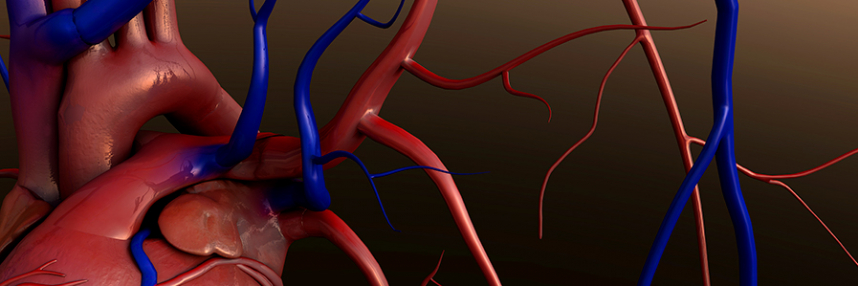Cardiac genomics: putting research into practice
Scientists working for Genomics England’s cardiac GeCIP domain are tasked with translating data into improved diagnosis of heart conditions
New and rapidly evolving genome sequencing technologies are helping us to understand the genetic contribution to cardiovascular diseases better than ever before. The journey from conducting research to revolutionising clinical practice, however, is a long one; and that’s where Genomics England’s cardiac Clinical Interpretation Partnership (GeCIP) comes in.
The cardiac GeCIP and seeking genomic diagnoses
Genomics England’s cardiac domain will focus on rare inherited disorders. Typically, the definition of a rare inherited disorder is one that affects one in 2,000 people, but the project definition is broader to include less rare but very significant disorders, such as familial hypercholesterolaemia (FH) – a major cause of early heart attacks. The domain will also look at disorders that affect the heart muscle, including cardiomyopathies and rare disorders of heart rhythm. Most of the cardiovascular diseases studied will be of clear Mendelian inheritance, following classic inheritance patterns; these diseases are likely to be caused by a single gene.
The project is sequencing the genomes of patients with rare inherited diseases who have not been given a genomic diagnosis following tests currently in use in the NHS. After sequencing, each patient’s raw genomic data will be stored in the data centre along with past and future health data, including phenotypic information. This means that the scientists who are authorised to access the data can join the dots more easily, comparing characteristics across genomes. The hope is that this will enable them to identify with greater confidence noteworthy gene variants for certain conditions.
Developments in genomic testing
Tests are already available for some inherited cardiovascular conditions, such as FH. In this instance, a simple blood test can determine whether an individual with a clinical diagnosis carries a faulty gene. If they do, further testing of family members – known as cascade testing - can determine whether they are also affected. Family members found to carry the gene variation can then be monitored closely and given statins as a preventative measure. It is hoped that the work of Genomics England and its partners will result in new diagnostic tests and targeted treatments for specific conditions; and, as a result, genomic testing will become increasingly valuable in providing fast and effective healthcare.
Using next generation sequencing (NGS) methods to carry out genetic tests for cardiovascular diseases has meant a move away from single gene sequencing to methods that examine a much larger area of the genome, including whole genome sequencing (WGS). NGS methods are more comprehensive but can also highlight information not useful in a clinical context, known as variants of unknown significance and incidental findings. Experts in clinical genomics often use gene panels – tests that only sequence selected genes in which changes are known to be linked with disease – which are quicker, easier and cheaper to carry out than WGS.
Sharing advances in genomics
This month Genomics England launched PanelApp, which allows users to view gene panels containing sets of genetic variants that have previously been linked with specific rare conditions. The crowdsourcing website is designed to assist experts in clinical genomics to share their knowledge and experience. When new evidence emerges linking a specific genetic change to a given condition, experts will share this information by endorsing the link. It is hoped that the app will facilitate the development of reliable, consensus gene panels for specific rare diseases, thus accelerating progress in diagnosis and treatment for patients.
Basic education in genomic medicine is becoming more and more important for clinicians. Curricula are being adapted to reflect the latest advances, and Heath Education England recently launched an MSc in Genomic Medicine as well as a number of continuing personal and professional development modules (CPPD) aimed at raising awareness of genomics among health professionals and assisting its integration into routine healthcare.
–









